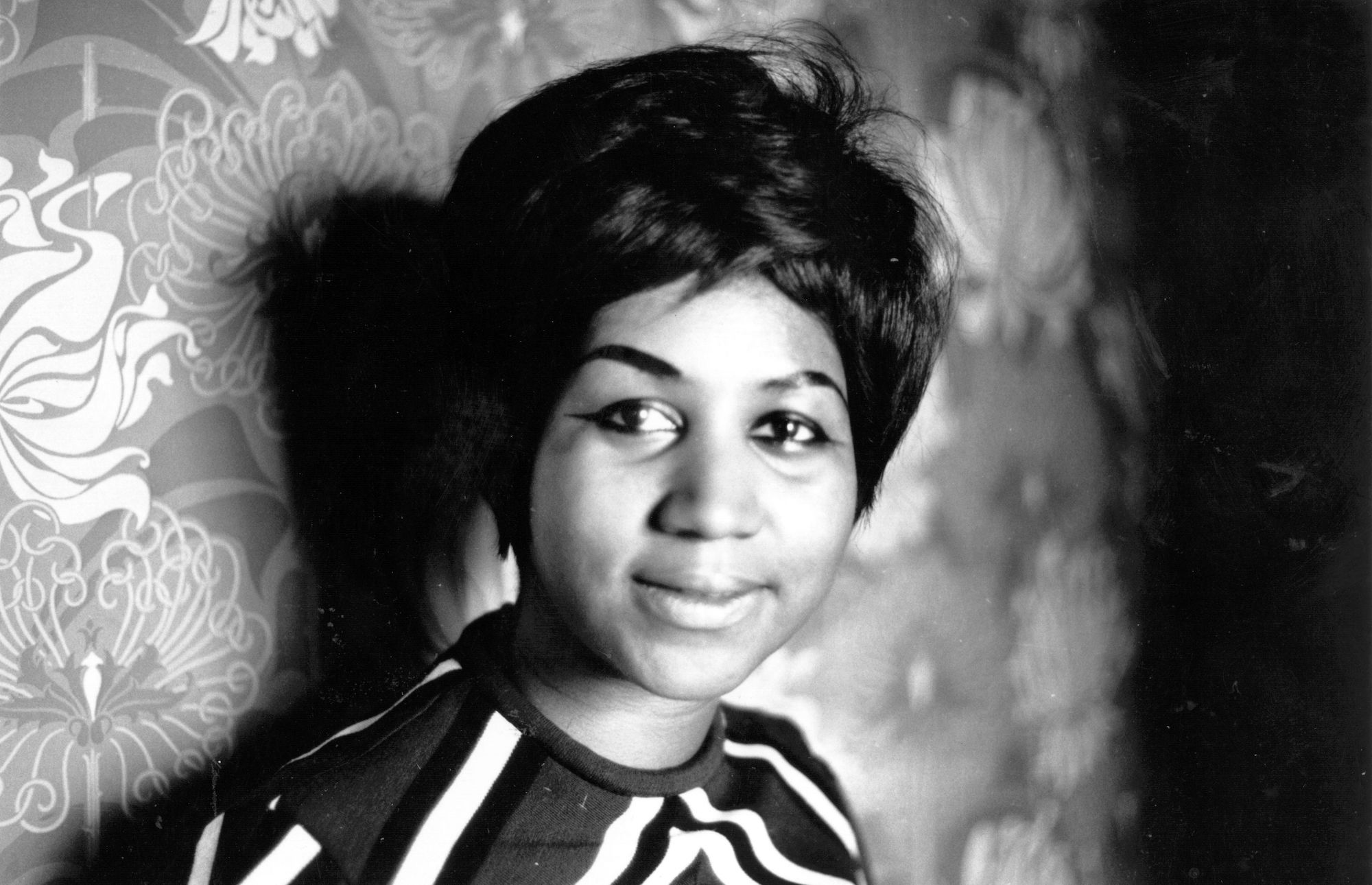The Origin of Aretha Franklin’s ‘Respect’ Was a Misogynistic Mess Until She Rewrote It
Any list of the greatest vocalists of all time is incomplete without Aretha Franklin’s name on top. The soul and gospel singer burst onto the music scene in the 1960s with her powerful voice, feminist message, and magnetic appeal that spoke to everyone. Franklin’s breakout hit, “Respect,” remained her most iconic work for the rest of her life. However, just because she seized ownership, it doesn’t mean the song was originally hers.

Otis Redding demands ‘Respect’
The late Otis Redding originally recorded the song years earlier. As Open Culture notes, his version established his spot as the man of his fictional household. Feeling that his lover has not given him the respect that he deserves, the song was a generic male gaze anthem elevated by Redding’s smooth crooning. The song was a hit, but not the timeless masterpiece it soon became. All of that changed when Franklin heard it on the radio and had an idea for how to change things up.
Aretha Franklin wants it, too
When Franklin got her hands on the song, she was a young, budding superstar in the making whose best days were yet to come. Franklin loved the tune of Redding’s original lyrics, but she also found the lyrics misogynistic. She spoke about rewriting a song from one of the biggest names in music and making it her own in 2016.
“I felt I could do something different with it, and my sister Carolyn, who was an RCA recording artist, and I got together on the background,” Franklin told Elle, also elaborating on the now famous lyrics. “The term ‘Sock it to me!’ was a big, big thing in our neighborhood—all the kids were saying it.”
Franklin added her signature, powerful voice to the mix, and gone were the musings of a man who aggressively demanded respect through implied abuse. Instead, it was a song about female empowerment. An anthem that, to this day, is synonymous with the thesis of Franklin’s entire career. According to several reports, Redding was not a fan of her changes. However, he knew what she had done with his song and accepted that it was hers now.
When the iconic Monterey Pop Festival was held in 1967, Redding introduced Franklin as a girl who stole a song from him in a tongue-in-cheek fashion. He knew the power of her voice even if it was at his expense. Within weeks of its release, Franklin was a household name. According to Franklin, she never expected such an outpouring of support not just from the industry, but a country that still mistreated women like her.
“I was stunned when it went to number one,” Franklin told Elle, “and it stayed number one for a couple weeks. It was the right song at the right time.” It is no surprise, then, that the song garnered a lot of what the singer was pleading for.
Finding meaning in R-E-S-P-E-C-T
NPR noted all the ways that “Respect” didn’t just kick off a run on its own merit, it established Franklin as one of the greatest vocalists in history. From the single’s release until Franklin’s death in 2018, she dominated just about every metric one can measure in the music industry. As The Street notes, the single won the first of eight consecutive Grammys and 17 overall.
She became something bigger than a singer. Franklin was a singer, actor, activist, and matriarch with the burden of an entire genre on her shoulders. Furthermore, the song became an anthem of women at the onset of the seventies feminist movement. One would be hard-pressed to find a list of the greatest songs of the 20th-century without Respect being near the top.
Franklin had, perhaps, the most dominant musical career in history. While megastars like The Beatles have their detractors, nobody questions Franklin’s place in music history. All she wanted was a little respect, but the amount she got set her for life and continues letting her to society in death, as well.


